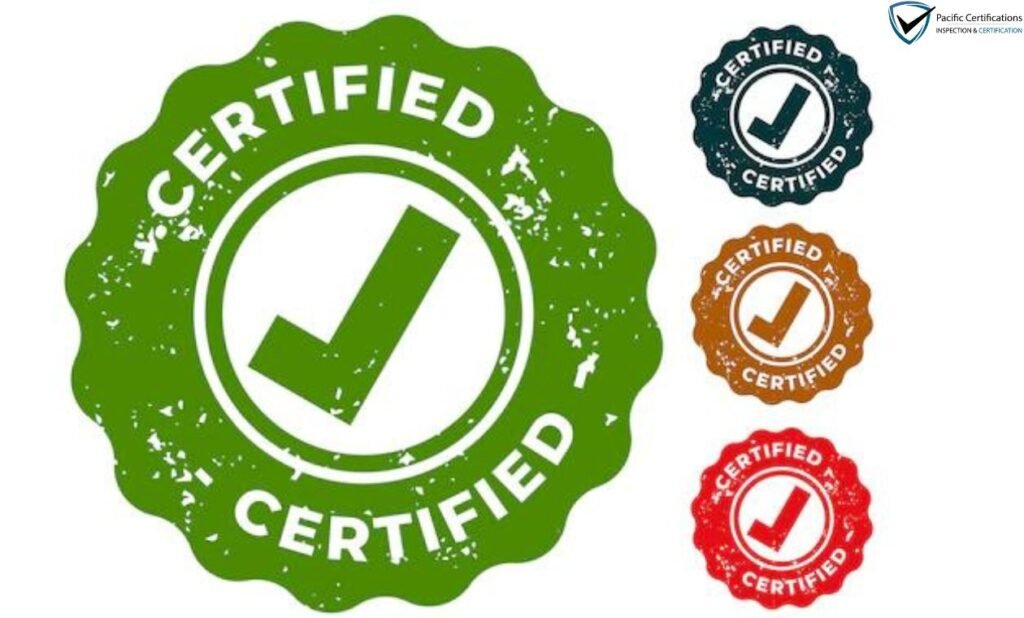
How will an ISO certificate help your corporate medical device business?
ISO certifications play a crucial role in ensuring the quality, safety, and effectiveness of medical devices. These certifications provide a framework for medical device manufacturers to establish and maintain robust quality management systems, meet regulatory requirements, and demonstrate their commitment to patient safety.
Here are some ISO certifications applicable to the medical device industry:
ISO 13485:2016 – Medical Devices – Quality Management Systems: ISO 13485 is the internationally recognized standard for quality management systems specific to the medical device industry. It provides guidelines for the design, development, production, installation, and servicing of medical devices. ISO 13485 certification demonstrates a manufacturer’s compliance with regulatory requirements, risk management, and effective quality control processes.
ISO 14971:2019 – Medical Devices – Application of Risk Management to Medical Devices: ISO 14971 focuses on risk management principles and processes for medical devices. This certification helps manufacturers identify and manage risks associated with medical devices throughout their lifecycle. It involves assessing potential hazards, evaluating risks, implementing risk mitigation measures, and monitoring the effectiveness of risk control activities.
ISO 9001:2015 – Quality Management Systems: ISO 9001 is a general quality management standard applicable to various industries, including medical devices. While ISO 13485 is specific to the medical device industry, some manufacturers choose to obtain ISO 9001 certification in addition to ISO 13485. Therefore, ISO 9001 certification focuses on customer satisfaction, continuous improvement, and adherence to quality management principles.
ISO 14001:2015 – Environmental Management Systems: ISO 14001 is applicable to medical device manufacturers seeking to establish effective environmental management systems. This certification helps companies identify and manage environmental aspects associated with their operations, reduce waste generation, conserve resources. Also, comply with environmental regulations.
ISO 27001:2013 – Information Security Management Systems: ISO 27001 focuses on managing information security risks and establishing effective information security management systems. In the context of medical devices, this certification is relevant for manufacturers handling sensitive patient data. And ensuring the confidentiality, integrity, and availability of information.
Additionally, there are industry-specific standards and certifications applicable to specific types of medical devices or specific regions. For example, the International Medical Device Regulators Forum (IMDRF) has developed harmonized guidelines and frameworks for regulatory requirements and quality management systems for medical devices. Regulatory bodies in various countries may have their own requirements and certifications for medical devices. Such as the CE marking in Europe or the FDA approval process in the United States.
It’s important for medical device manufacturers to assess the specific requirements and regulations applicable to their target markets and choose the appropriate ISO certifications accordingly. These certifications help ensure compliance, mitigate risks, and enhance product quality. Also, demonstrate a commitment to patient safety and regulatory compliance.
Benefits of ISO Certifications in Medical Devices industry
ISO certifications offer several benefits to the medical devices industry. Here are some key advantages:
Enhanced Product Quality and Safety: ISO certifications, such as ISO 13485, focus on establishing and maintaining effective quality management systems. By implementing standardized processes and procedures, medical device manufacturers can consistently produce high-quality products that meet regulatory requirements and customer expectations. ISO certifications also emphasize risk management, helping identify and mitigate potential hazards associated with medical devices. Thus enhancing overall product safety.
Compliance with Regulatory Requirements: The medical devices industry is highly regulated to ensure patient safety and product efficacy. ISO certifications provide a structured framework that aligns with regulatory requirements, making it easier for manufacturers to achieve and maintain compliance. Therefore, ISO certifications demonstrate a commitment to meeting these regulations and can facilitate regulatory approvals and market access.
Improved Efficiency and Operational Performance: ISO certifications encourage the adoption of efficient and standardized processes. By implementing streamlined procedures, reducing waste, and optimizing resource allocation, medical device companies can enhance operational efficiency and productivity. So, Improved efficiency leads to cost savings, faster time to market, and a competitive advantage.
Increased Customer Confidence and Trust: ISO certifications are recognized globally and are synonymous with quality and safety. By obtaining ISO certifications, medical device manufacturers can build customer confidence and trust. Certification demonstrates the company’s commitment to following internationally recognized standards and best practices, assuring customers that their products are reliable, and safe. Also, they meet quality requirements.
Expanded Market Access: ISO certifications are often required by regulatory bodies, customers, and procurement processes. Having ISO certifications can facilitate market access, particularly in highly regulated regions such as Europe, where CE marking compliance is necessary. ISO certifications can also open doors to new markets and partnerships, as many organizations prefer working with certified suppliers and manufacturers.
Continuous Improvement Culture: ISO certifications promote a culture of continuous improvement within organizations. By implementing processes for monitoring, measuring, and analyzing key performance indicators, medical device manufacturers can identify areas for improvement and implement corrective actions. Continuous improvement leads to enhanced product quality, increased customer satisfaction, and operational excellence.
Enhanced Risk Management: ISO certifications emphasize risk management principles and practices. By conducting comprehensive risk assessments, medical device companies can identify and mitigate potential risks throughout the product lifecycle. This proactive approach to risk management helps minimize the likelihood of adverse events, product recalls, and liabilities.
Competitive Advantage: ISO certifications provide a competitive edge in the medical devices industry. Certified companies differentiate themselves from non-certified competitors, demonstrating their commitment to quality, safety, and regulatory compliance. Therefore, ISO certifications can be valuable in winning new customers, securing contracts, and building long-term partnerships.
Pacific Certifications is accredited by ABIS, Click here to contact us and find our which ISO certification suits for your business or get in touch with us at +91-8595603096 or support@pacificcert.com
We have professional who work 24×7 who have been helping Medical Devices Bussiness across the world. We offer a fair and cost effective route to ISO Certification. And our experts can guide you on the most suitable and beneficial standard for you business. .
Read About: ISO CERTIFICATIONS FOR CONSTRUCTION BUSINESS









